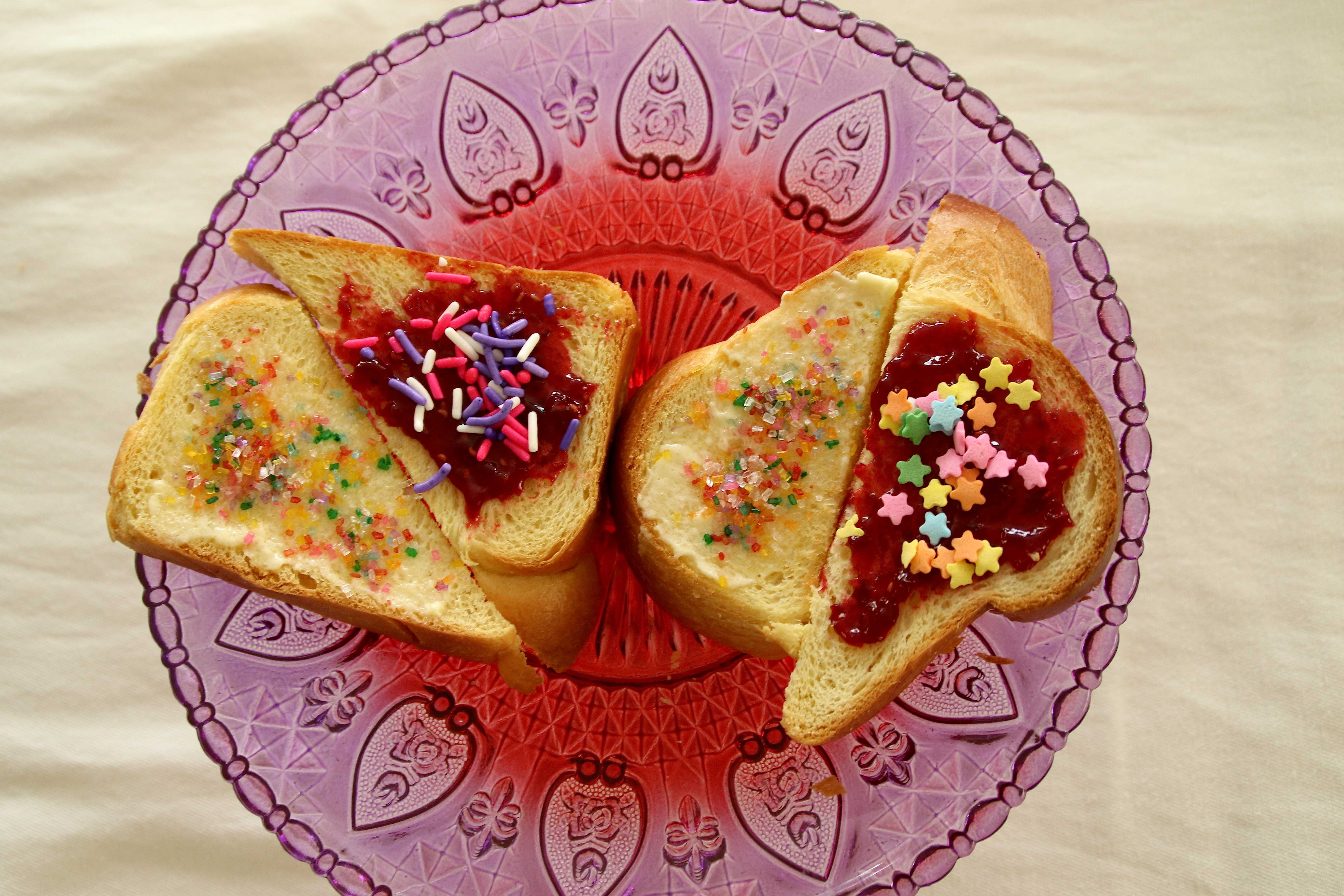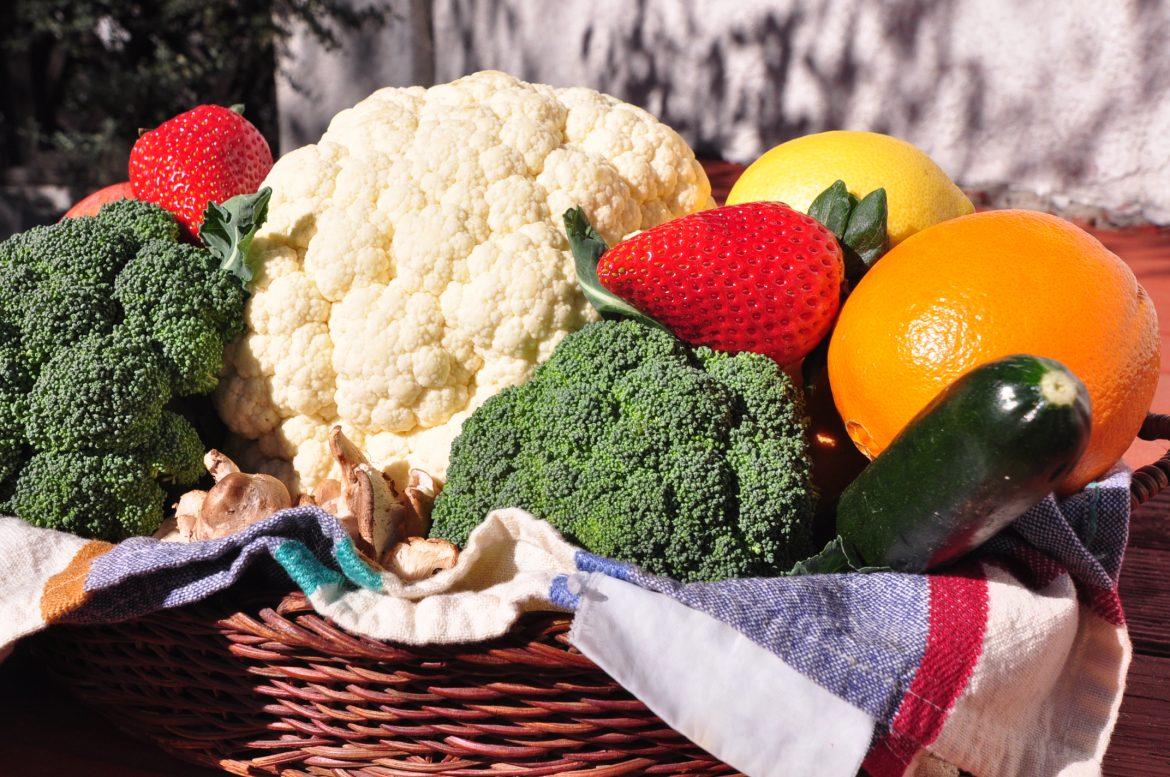People typically encounter the terms free trade and fair trade when shopping for coffee, but the two practices are applicable to almost any sort of consumer product. Fair trade practices are characterized by the close relationship producers maintain with distributors, and often allot more time and adequate pay commensurate with the product’s market value. On the other hand, free trade allows the market, and the distributors, the right to dictate compensation based on profitability. However, it would be unfair to assume that all free trade is unjust, especially compared to the practices of fair trade agreements.
For many business — new business in particular — the appeal of fair trade practices may outweigh the economical benefits. Fair trade is a by-product of an increased demand and awareness for social and economic equality. The World Trade Organization (WTO) is responsible for dealing with international trade among agreeing nations. The goal of the WTO is to ensure that “goods, services and intellectual property” can be made accessible to areas with a specific need or demand. Likewise, it is the WTO’s job to regulate the safe harbor and transport of these products.
Think of the difference between free trade and fair trade similar to democracy. As an individual, you are allowed certain freedoms concerning the decisions you make for yourself. Free trade is a freedom that all business are granted, but a business may choose to participate in fair trade practices. When your business becomes fair trade certified (US), you are registered with a network of growers and producers that ensure fair trade practices are being met. The goal of fair trade groups, such as Fair Trade USA, is a heightened awareness of the economic impact and social benefits from supporting a more balanced ecosystem.





